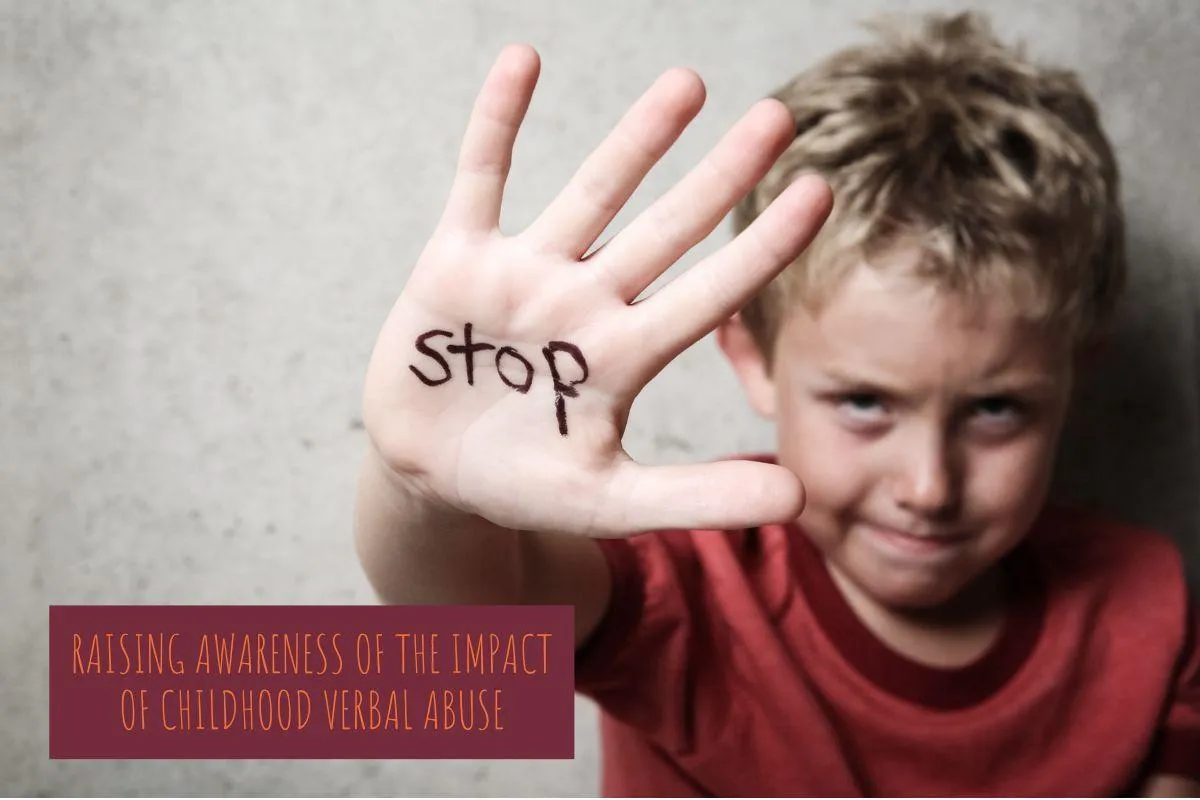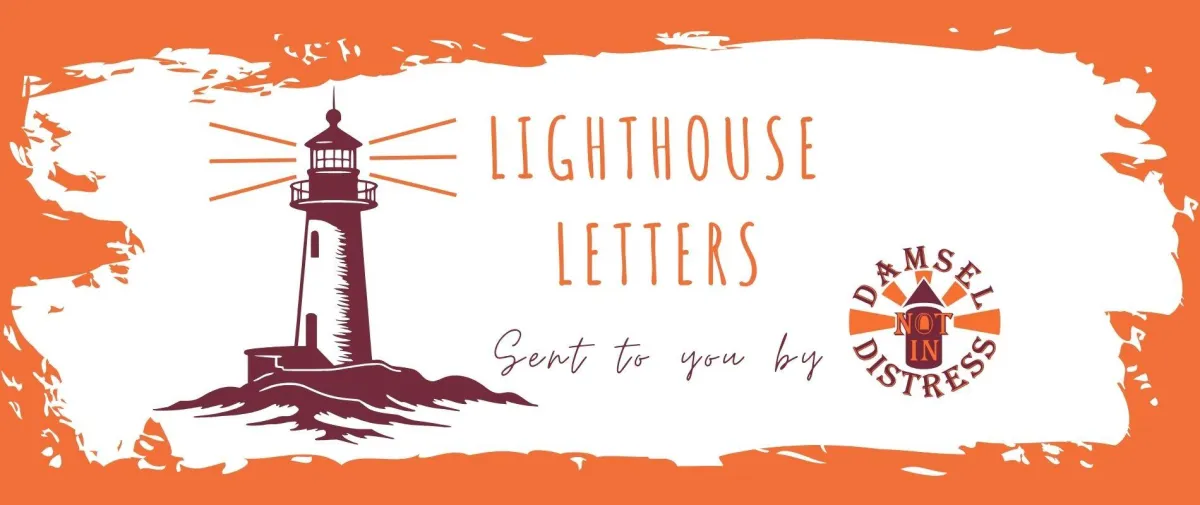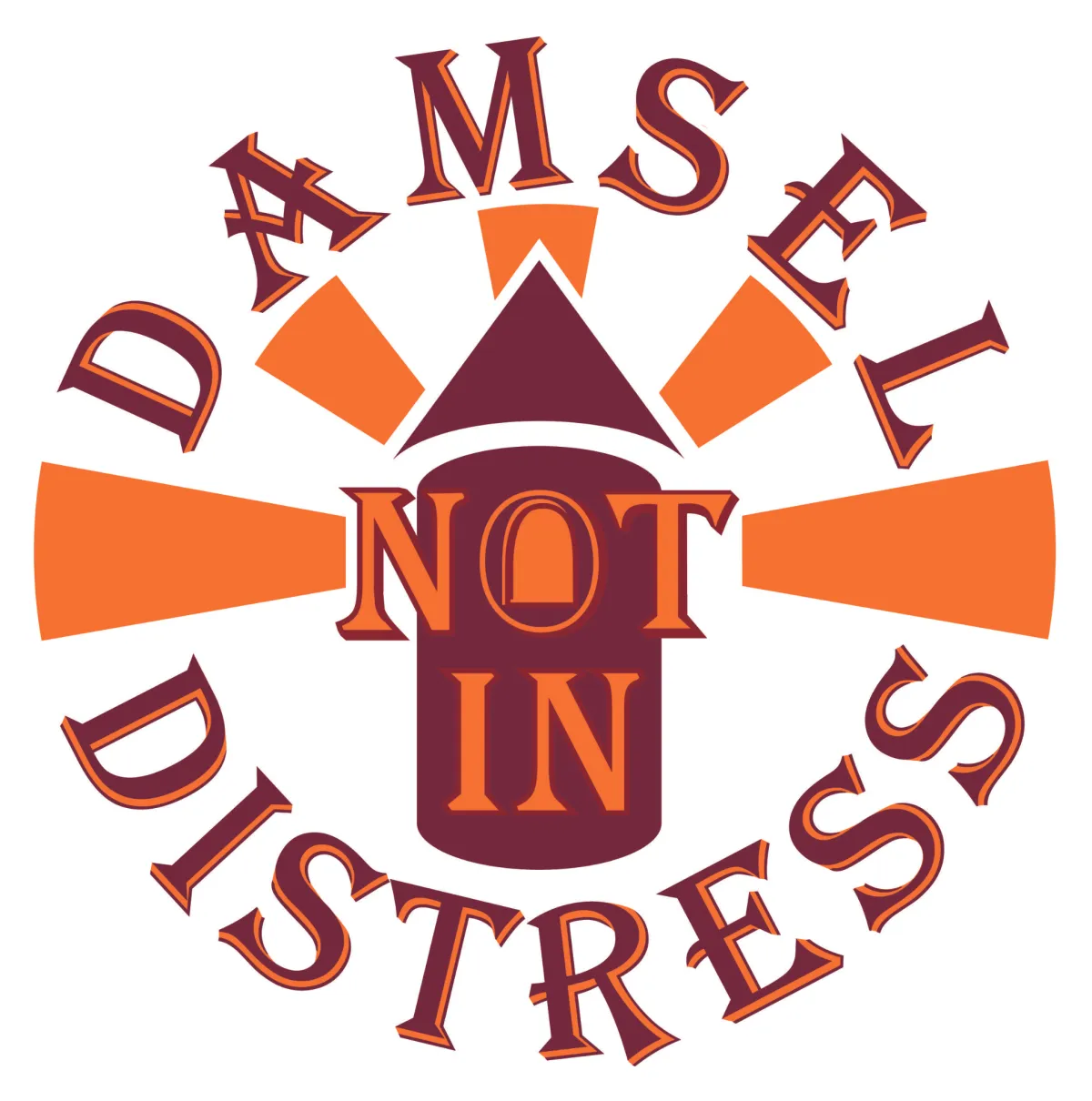The Damsel's Blog
Here you can find all my blog articles in chronological order, where I write about different aspects of thriving again after big life challenges:
I highlight different types of life storm, and what they may look like
I reflect on how storms affect us as leaders at work
I discuss some of the stages of the journey we may go through as we navigate our storms, using my SING model
I showcase particular wellbeing tools which can help us, and how we can get the most benefit from them
If you'd like me to let you know when I publish a new blog post, please sign up for Lighthouse Letters, my regular newsletter - it would be wonderful to welcome you into the community!

Childhood verbal abuse can be as damaging as physical or sexual abuse
I’m going to talk about something challenging this week: childhood emotional and verbal abuse. I’m raising this because I know how damaging it can be, and because understanding of the impacts of this behaviour towards children is sadly lacking.
Think about how you react when you hear about a child being sexually or physically abused. It’s horrible, isn’t it? I remember so clearly when I first found out how prevalent such abuse was, and when I realised that, statistically speaking, such horrific actions must be happening somewhere close to where I lived in central London. And yet there was nothing I could do to stop it. I was so shocked and sickened by that.
Suffering from childhood sexual or physical abuse is horrendously scarring and damaging to the victims. No-one should have to go through that.
I think that when people think about emotional abuse, they know it’s not great behaviour, but perhaps they aren’t so aware of the severe damage it can also cause. “Sticks and stones may break my bones, but words will never hurt me” is a phrase often used to encourage children not to be affected by the verbal tirades they may be facing – often at school from the ever-present bullies.
Emotional abuse can include criticising, embarrassing, shaming or blaming someone else. Or perhaps scaring or manipulating them. Or rejecting them and withholding love and support. It is mistreatment of another human being which toys with their emotions in some way. It fundamentally impairs that person’s self-worth.
The World Health Organization defines childhood emotional abuse as actions of caregivers, parents or adults which result in “the restriction of movement; patterns of belittling, blaming, threatening, frightening, discriminating against or ridiculing; and other non-physical forms of rejection or hostile treatment”.
A key part of that is verbal abuse.
Yesterday, the Guardian newspaper in the UK reported on a scientific study (Dube et al., 2023) summarising the findings of a large number of other studies, which has found that verbal abuse can be as damaging to the victims as physical or sexual abuse.
Wow. Would you have thought that?
The study defines verbally abusive acts as including “shouting, insulting, intimidating, threatening, shaming, demeaning, humiliating, disrespectful, belittling, scolding, swearing, blaming, yelling, ridiculing, cursing, teasing, scapegoating, criticizing, verbal putdowns, negative prediction, negative comparison, and other derogatory language.”
Children subjected to harsh language by adults including parents, other carers and teachers are significantly more at risk of drug use, self-harm and criminal activity.
The extent of the damage being caused becomes clear when we consider that, while estimates of the prevalence of verbal and emotional abuse vary, they are consistently found to be more widespread than other forms of abuse. In a recent study of US adults, 34% reported they had suffered childhood emotional abuse, whilst a similar study in the UK found a 21% rate of childhood verbal abuse. The WHO reported a 36% rate in 2014.
Think of the sheer amount of damage being done to children through verbal abuse every day, by adults they regularly spend time with. Children rely on the adults around them to look after them, to guide them, to help them grow up safe and secure.
I know only too well how much I looked up to my father – I depended on him, and I spent years denying the harm he was doing to me and explaining away his harmful actions. Because that’s what children are wired to do to stay safe. When they don’t get the protection, care and nurturing that they need, all sorts of problems can result – anxiety, depression, low self-esteem, substance abuse, the list goes on…
But childhood verbal abuse is not formally recognised as a form of maltreatment. The scientific study concludes that recognising it will help us to identify and prevent it in future. We need to spread the word so people understand the vital importance of what they say and how they say it, when interacting with children.
I’d be so grateful if you’d help me spread the word about this, so we can help protect the next generation.
In my book, Reclaiming Christmas, I shed light on the emotional abuse that I faced from my father. I also tell the story of how I broke free from this abuse, and how – after many years of Christmas being sullied by that abuse - I reclaimed true joy in the festive season I had once loved! You can find the links to purchase it on my website. I’d be honoured if you’d take a look.
Reference to the study: Dube, S.R., Li, E.T., Fiorini, G., Lin, C., Singh, N., Khamisa, K., McGowan, J. & Fonagy, P. (2023). Childhood verbal abuse as a child maltreatment subtype: A systematic review of the current evidence. Child Abuse & Neglect, Vol 144, 106394, ISSN 0145-2134

© Damsel Not in Distress Ltd,
Company no. SC770248, All Rights Reserved
Damsel Not In Distress ® is a registered trade mark



